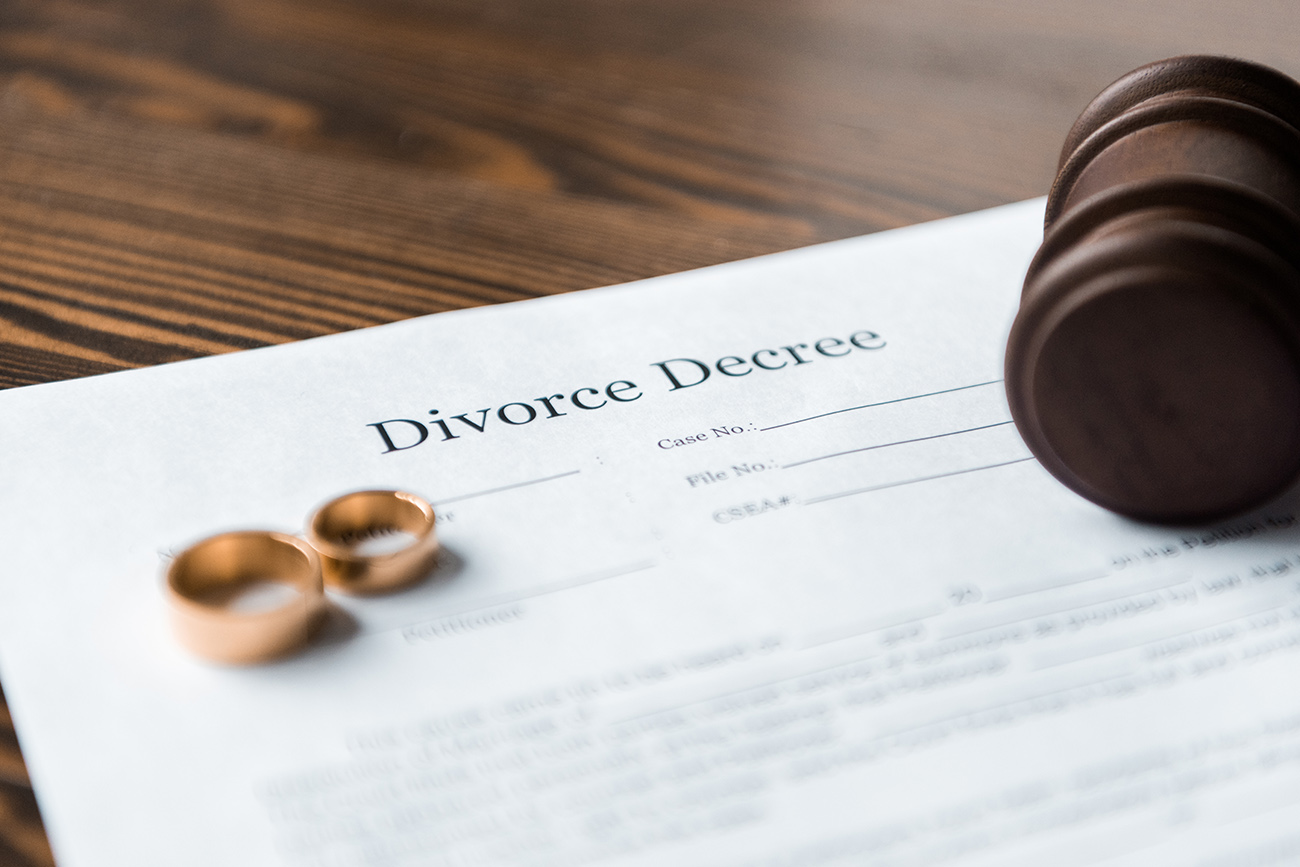When the U.S. Supreme Court made same-sex marriage legal everywhere in 2015, same-sex divorce was already a fact of life in most of the country. But, almost seven years later, divorcing for LGBTQ+ couples continues to be a complicated endeavor.
Many of the difficult issues stem from the fact that many of the relationships began before marriage was legalized under Obergefell v. Hodges, and, in the pre-Obergefell period, the county was a patchwork of differing laws seeking to limit or sanction such unions.
In 1973, Maryland became the first state to create a law defining marriage as a union between a man and woman. Other states followed. Then in the 1980s came the possibility to register as domestic partners in some jurisdictions. By 1996, the Defense of Marriage Act limited federal benefits to heterosexual couples.
By the turn of the millennium, the landscape had changed again with Vermont and then other states allowing civil unions, providing most of the benefits of marriage on a state level.
All of these varied state and federal laws, along with arrangements couples may have entered into, can complicate any divorce now.
Here’s a look at just some of the complications that can occur:
Geography
Since for almost 50 years, marriage laws have varied greatly state by state, where couples lived when they started the relationship and where they are when divorcing can matter a lot.
Judges and mediators have considerable leeway in deciding what factors to consider when ruling on various aspects of the divorce. Like with heterosexual couples, same-sex couples usually need to reside in a state for six months before seeking a divorce.
Assets and Alimony
As with all divorces, a key question will be the division of assets. Here again, the issue of when the marriage officially began can be more complex with the varied state laws and types of marriage allowed for at the time. Marital assets, after all, are generally seen as those items purchased while married, so the definition of married can be key.
Missouri, like many other states, follows “the source of funds rule,” wherein the determination is based on who paid for the property. If it was done jointly, in equitable distribution states like Missouri, the judge will divide assets in a way deemed fair, though not necessarily exactly 50-50. Property brought into the marriage will generally not be divided.
For both assets and alimony, the question again can hinge on the definition of marriage in that state and by that judge. Generally, the longer the marriage, the more rights the lower-income spouse has to an even division of assets and spousal support.
Custody and Child Support
These issues are only heightened when there are children involved. If LGBTQ+ parents haven’t adopted their partner’s biological children, they can face struggles obtaining custody if the divorce is not amicable.
Of course, this issue cuts the other way in terms of child support. The biological parent can have little recourse to garner child support if the ex-spouse isn’t legally obligated to help raise the child.
Seek counsel
Divorce can raise a host of complicated legal issues, whether through mediation or litigation. Experienced family law attorneys can help guide you through the process and find the best result possible. If you are contemplating divorce or are looking to ensure that your rights are protected in the event of divorce, contact Marler Law Partners for a complimentary consultation today.


0 Comments on "Same-sex divorce: An overview"